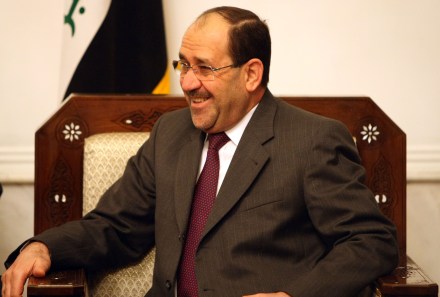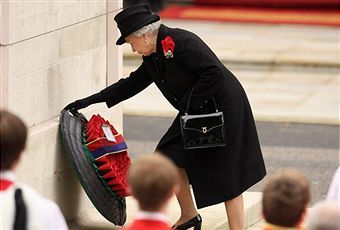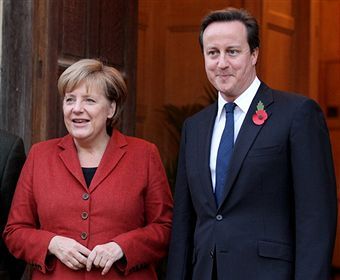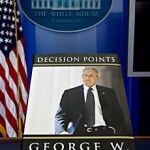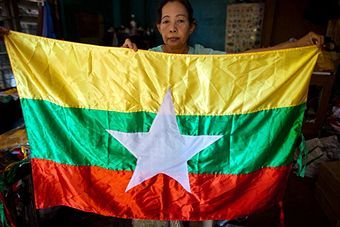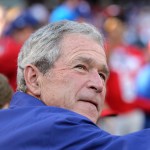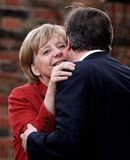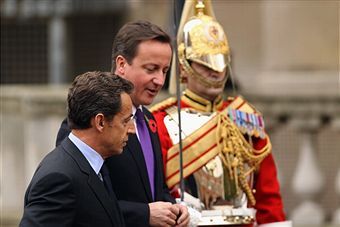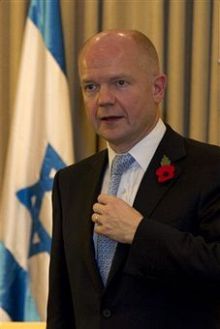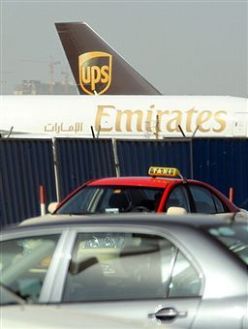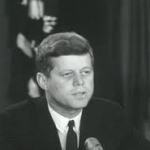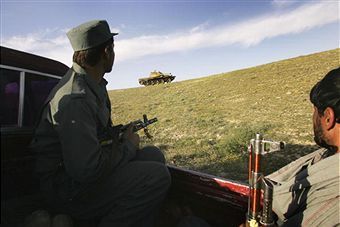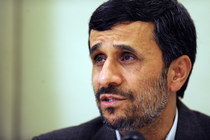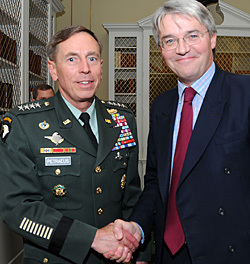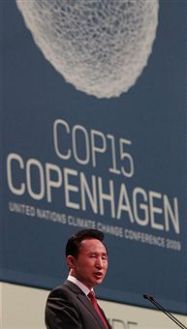The new Iraq is beginning to look a lot like the old
Nouri Maliki was last night appointed Iraqi prime minister after the country broke the world record for the slowest process of government formation. Eight months passed between the election and the formation, beating even previous Belgian records of procrastination. Hours after his appointment, however, members of al-Iraqiya, the main Sunni-backed alliance led by former Prime Minister Ayad Allawi, walked out of the Parliament. Their concern: Maliki’s failure to do as he had promised and reinstate four Sunni leaders who had been banned for alleged ties to Saddam Hussein’s Baath party. Despite the walk-out, Jalal Talabani was elected president and handed the task of forming a government to the largest coalition,
